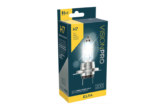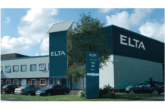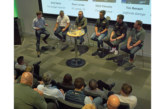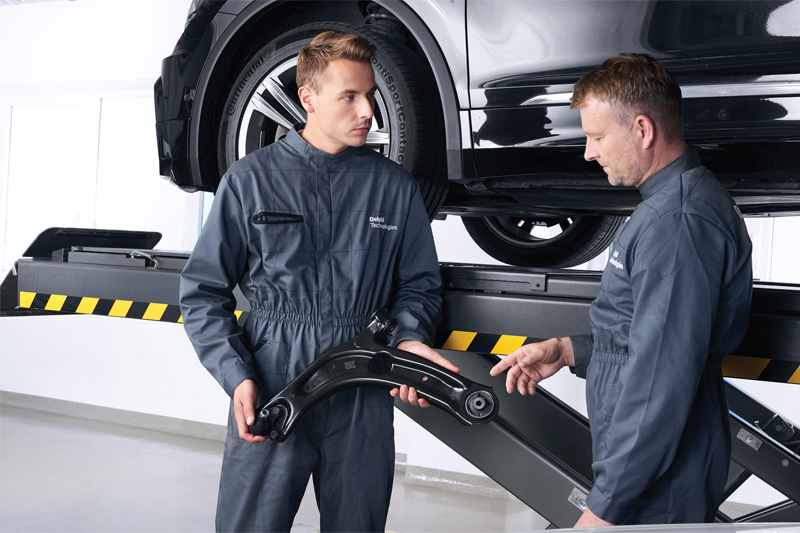
Delphi Technologies’ Julian Goulding analyses how the changes that have swept the steering system serve to benefit the aftermarket, not trouble it.
Whilst it is true that the steering system has undergone a radical transformation, these technological advancements represent plenty of opportunities for motor factors that are willing to embrace the change.
The steering system has traditionally comprised a network of intrinsic, but largely mechanical parts. However, change is catching up with steering, and with new components, new materials and new service procedures evolving, it is now seeing electronics playing a more involved role in determining its functionality.
And of course, as steering technology evolves, so must the aftermarket. Technicians and garages are facing a host of new components that are now integral to the steering system and it’s essential that they can service these areas. For many independents, failure to do so will undoubtedly limit their future customer base, and may even see a migration of existing customers to franchised outfits that are already well-rehearsed in new manufacturer training.
An example of such an evolution is the Electronic Stability Programme (ESP) system, which has introduced an array of new electronic components. One of these is the steering angle sensor. Typically found inside the steering column, they work with the yaw, accelerometer and wheel speed sensors to monitor what the vehicle is doing, what the driver wants the vehicle to do, and what corrections need to be made by the ABS to maintain control.
Whilst the steering angle sensor was introduced in the early 90s, it has only recently become necessary to reset them after performing a wheel alignment or when replacing a component that can alter the toe and thrust angle. Critically, the procedure to do this differs significantly between manufacturers; some vehicles can self-calibrate by having the wheel turned from lock to lock and then centred and cycling the key; some need a quick test drive, and others a diagnostic routine. Either way, steering angle reset should now be part of a garage’s standard wheel alignment.
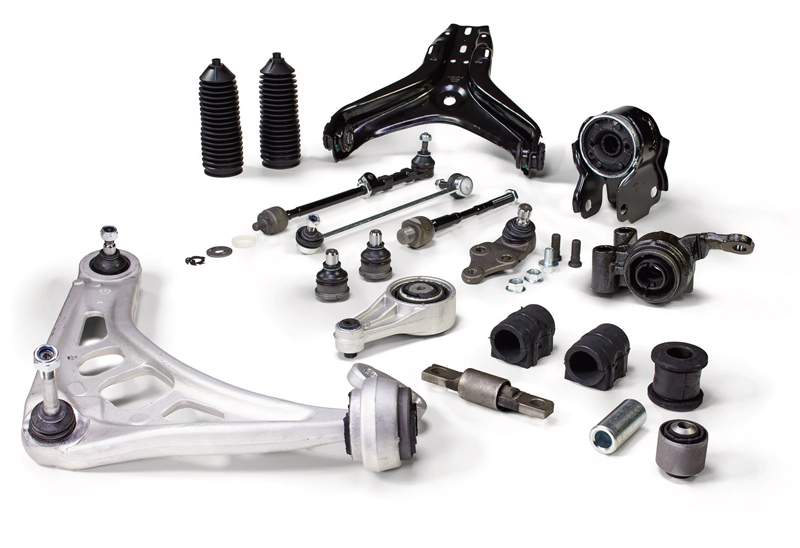
Many new vehicles also feature a self-levelling headlight sensor, positioned on the control arm. When fitting a new control arm, this sensor will need to be transferred and reset using a diagnostic tool – such as Delphi Technologies’ DS solution – to access the headlight or body module and then perform a basic setting. This procedure will ensure that the headlights self-level to the correct position and do not blind oncoming traffic.
As Julian Goulding, Delphi’s UK Marketing Manager, explains, however, steering advancements should be viewed as a benefit rather than a hindrance for garages and the motor factors that serve them. Julian commented, “There’s no doubt that steering systems are becoming increasingly complex, but there’s no reason why the aftermarket can’t turn this to their advantage. Quality support and components are readily available, enabling them to fully embrace any technological changes in a hassle-free way and, perhaps more importantly, enjoy the revenue that repairs in this area present.”
According to Julian, Delphi Technologies’ range of steering components perfectly illustrates this. The company’s offering continues to expand, currently comprising over 6,000 part numbers and providing coverage of well over 90% of the UK vehicle parc. Reassuringly, for motor factors and customers, these come with a comprehensive three-year, 36,000-mile warranty.
Julian added, “Our steering component range comes complete with all the accessories that may be required for fitment. On top of this, it offers a first time fix that satisfies garages and their customers, and ensures that motor factors can provide a quality part that is time efficient to install. As an extra benefit, and in addition to providing all the information that motor factors need to know to correctly inform their customers, we have a dedicated technical helpline should garages need assistance in completing the task.
“Therefore, the Delphi Technologies steering offering provides a quality ‘one-stop’ solution for those motor factors that are wondering how they can keep abreast of automotive technological advancements, yet still safeguard their established levels of service without the worry of taking a chance on unproven or substandard parts.”




